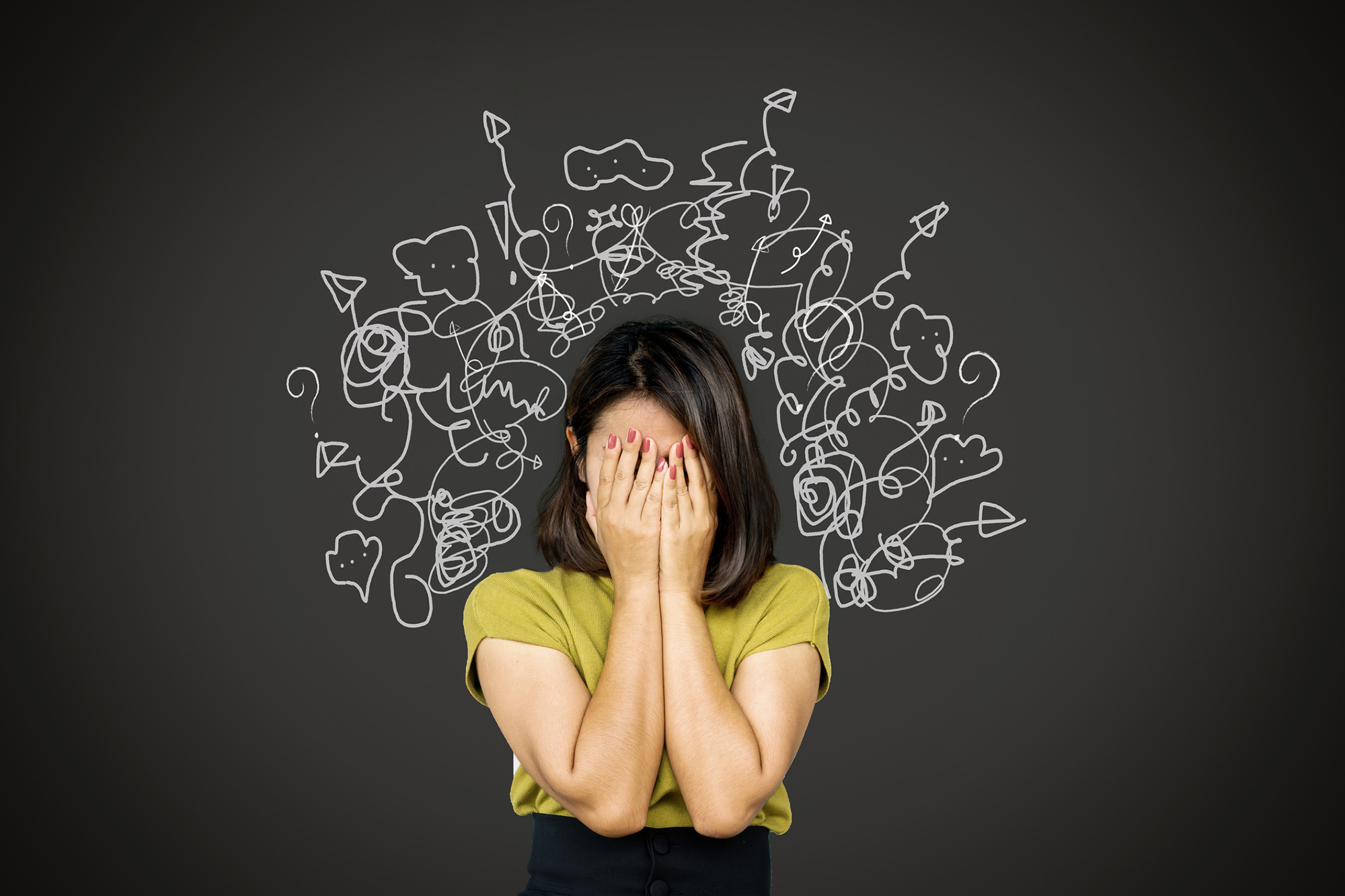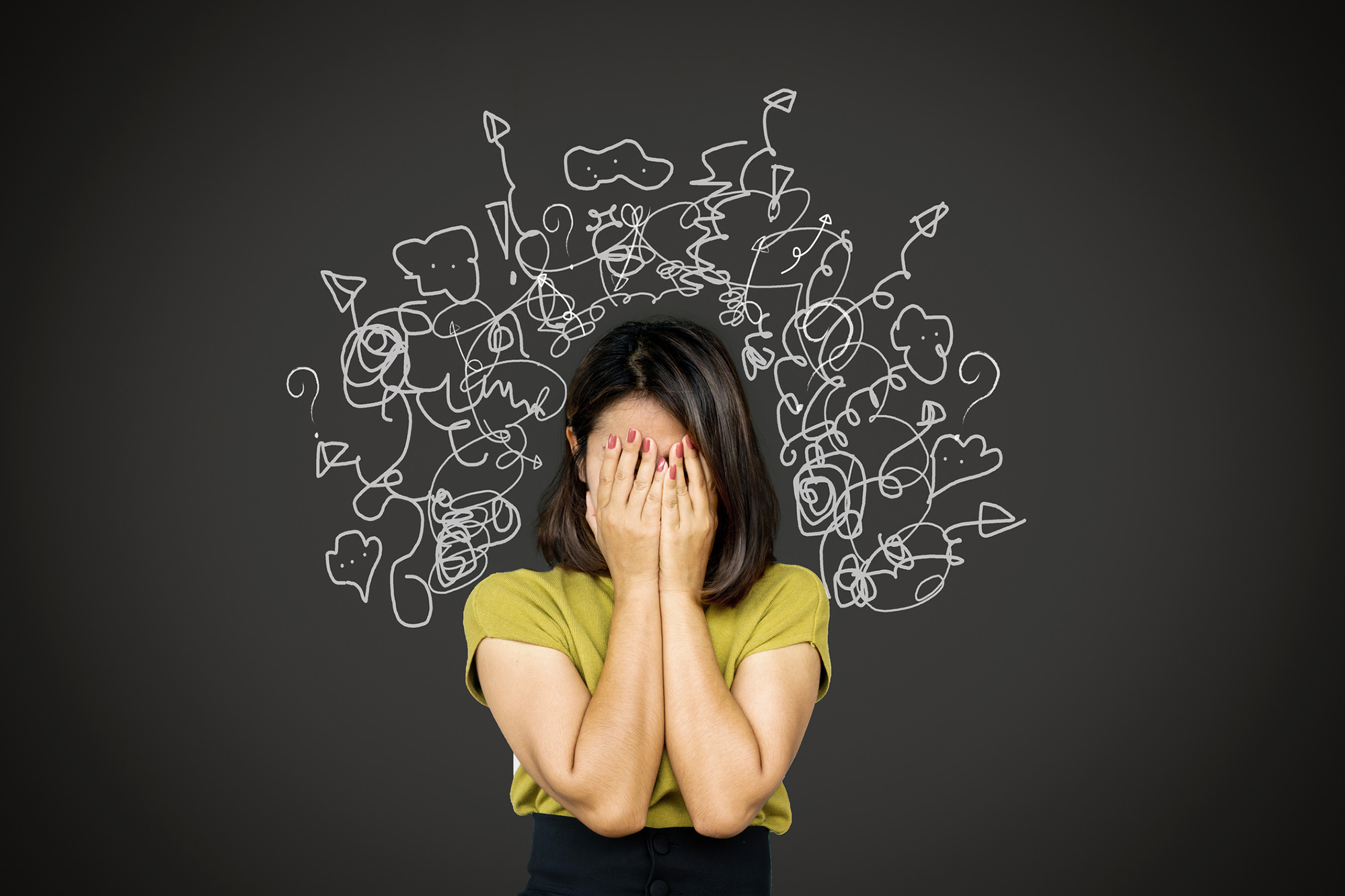Stress and anxiety are closely linked, as chronic stress can lead to the development of anxiety disorders. While they share some similarities, important distinctions between these conditions impact how we cope with and manage them. Understanding the nuances between these two states is important in addressing them properly and seeking appropriate support if needed.
Defining Stress
Stress refers to feeling overwhelmed or unable to cope with mental or emotional pressures. Your body’s reaction to any change requires an adjustment or response. There are three main types of stress:
- Acute stress: Short-term stress that goes away quickly. It’s the body’s immediate reaction to a new challenging situation. Acute stress can be thrilling and exciting in small doses, but too much can be exhausting.
- Episodic acute stress: Repeated acute stress over a short period of time. It makes you feel like you’re constantly rushing from one stressful situation to another. It can damage your health if left unaddressed.
- Chronic stress: Ongoing long-term stress that can have significant negative health impacts if left untreated. Common signs of chronic stress include irritability, anxiety, depression, insomnia, digestive issues, weight gain or loss, and health conditions like high blood pressure or diabetes.
Defining Anxiety
Anxiety is also a mental health disorder characterized by feelings of worry, anxiety, or fear that are strong enough to interfere with one’s daily activities. Anxiety disorders differ from normal feelings of anxiety in that they persist and intrude on your ability to function normally.
Symptoms of Anxiety
The symptoms of anxiety can be physical, mental, emotional, or behavioral. Physical symptoms may include nausea, diarrhea, rapid heartbeat, shortness of breath, and insomnia. Mental symptoms encompass excessive worry, restlessness, difficulty concentrating, and irritability. Emotionally, one may feel tense, on edge, and have a sense of dread. Behaviorally, anxiety can lead to avoidance of situations that trigger anxiety and panic attacks. The major types of anxiety disorders include:
- Generalized Anxiety Disorder: Worry and excessive anxiety occurring more days than not for at least 6 months.
- Social Anxiety Disorder: Fear of social interactions and scrutiny or embarrassment in social situations.
- Panic Disorder: Recurrent panic attacks, including a swift fear with a sense of losing control.
- Separation Anxiety Disorder: Excessive anxiety related to separation from home or attachment figures, often diagnosed in children.
- Phobias: Irrational fears of objects, places, or situations that lead to avoidance behavior.
How to Tell if it’s Stress or Anxiety
Understanding the difference between stress and anxiety can help you determine whether you are experiencing a normal amount or if you may benefit from stress management strategies or professional help.
Physical symptoms
Feeling stressed often manifests in physical ways, such as muscle tension, headache, stomach issues, or changes in appetite or sleep. Anxiety typically produces more intense physical symptoms like rapid heartbeat, sweating, dizziness, or shortness of breath. If these symptoms persist or worsen, it could indicate an anxiety disorder.
Thoughts
When stressed, your thoughts may feel hurried or scattered but will typically return to normal once the stressor has passed. Anxious thoughts, on the other hand, are often persistent, intrusive worries about future events that may be irrational or out of proportion to the situation. These worried thoughts can make it difficult to focus and accomplish everyday tasks.
Duration
The effects of stress are often temporary and abate once you have resolved or removed yourself from the stressful situation. Feelings of anxiety may persist for extended periods of time and become chronic if not managed. If you have felt excessively worried, nervous, or on edge for six months or more, you may have an anxiety disorder.
Impact
While stress can reduce productivity and life satisfaction, anxiety disorders can significantly interfere with your daily activities and relationships. If worry and anxiety are causing major problems in your life, speaking to a mental health professional about diagnosis and treatment options may help reduce symptoms and improve coping. They can determine if your symptoms are indicative of an anxiety disorder and recommend an appropriate treatment plan.While stress and anxiety share some common symptoms, the key difference lies in their causes and duration.
Contact Integrative Psychotherapy Group for therapy for anxiety or therapy for trauma consultation, and we will help you determine whether you’re experiencing any of the two. We will also give you tools on how to manage.





